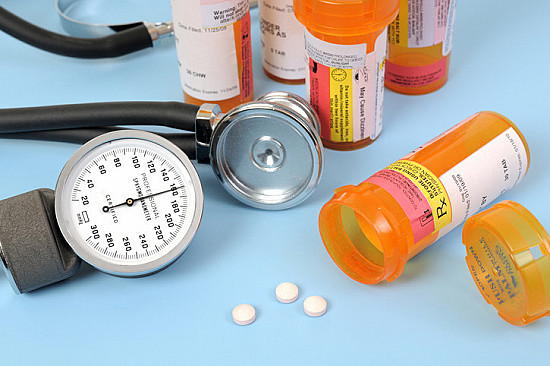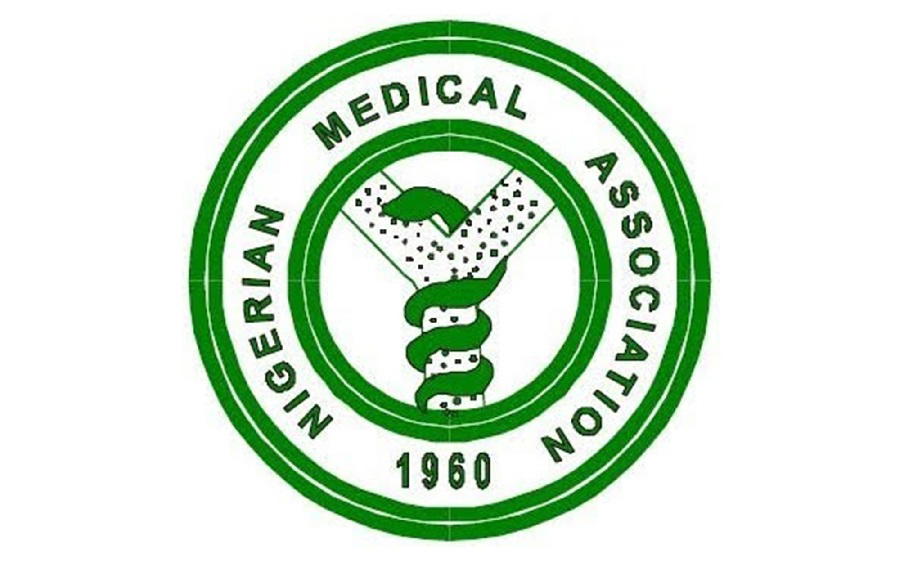
Breakthrough as cheap blood pressure drug fights deadly breast cancer,
By Sola Ogundipe
A cheap blood pressure drug taken by millions could help protect women against one of the deadliest forms of breast cancer, new research suggests.
Scientists at Monash University in Melbourne say beta blockers – which work by dampening the effects of stress hormones – may also halt the progression of triple-negative breast cancer in some patients.
The link between beta blockers and breast cancer first emerged in 2023, though it was not clear why. Now, researchers believe they have identified the mechanism – and with it a potential low-cost treatment for an extremely aggressive disease.
Their work looked at the interaction between two signalling molecules, cAMP and calcium, which accelerate cancer spread when a receptor called the beta-2 adrenoceptor is activated.
Stress hormones such as cortisol can trigger this receptor, fuelling tumour growth. But the team has now discovered that beta blockers can switch off a gene – HOXC12 – that drives this process, slowing the progression of the disease.
The researchers said the breakthrough could help doctors identify, at the point of diagnosis, which patients are most likely to benefit from beta blocker therapy.
Beta blockers like atenolol work mainly by blocking the effect of stress hormones like adrenaline to slow down the heart. They are currently used to treat a number of conditions, including heart failure, high blood pressure and sometimes anxiety.
Professor Michelle Halls, senior author of the study and an expert in drug discovery biology at the Monash Institute of Pharmaceutical Sciences, said the findings were exciting, as they confirmed the potential link between beta blockers and tumour progression.
“Our colleagues previously found that beta blockers are associated with a significant reduction in mortality in people with triple-negative breast cancer. Now we have a much better grasp on why this could be the case,” she said.
Mr Terrance Lam, a pharmaceutical PhD candidate at the institute and co-author of the study, added: ‘Our collective research strongly suggests that HOXC12 is a potential new indicator for when triple negative breast cancer patients could respond to beta blocker targeted interventions.
“Triple negative breast cancer is an aggressive cancer which can be especially challenging to treat, and identifying new treatment pathways is important.”
The researchers are now calling for further studies to ‘urgently’ determine whether the gene can be used at diagnosis to identify patients who will benefit from beta blocker therapy – and stop their cancer spreading.
Beta blockers, commonly prescribed to lower blood pressure, work mainly by slowing the heart and blocking the action of stress hormones such as adrenaline.
According to the study, published in the scientific journal Science Signalling, there is a strong correlation between activation of the beta-2 adrenoceptor and accelerated cancer spread.
They also found that patients with high levels of HOXC12 expression were associated with poorer overall cancer survival outcomes.
Around 85 per cent of women diagnosed with breast cancer survive for more than five years following their diagnosis. However, triple negative breast cancer – which accounts for around 15 per cent of all breast cancers in the UK and US – is far more challenging to treat.
Typically, it grows and spreads faster than other breast cancer types and has fewer treatment options. One reason for this is because it doesn’t interact with hormones such as oestrogen in the same way as other breast cancers – for which there are targeted therapies.
On average around 77 per cent of women with triple negative breast cancer will survive their cancer for five years or more after they are diagnosed, but depending on the stage, this can fall as low as 12 per cent.
This is compared to around 90 per cent of women with other forms of breast cancer who will survive for at least five years.
The post Breakthrough as cheap blood pressure drug fights deadly breast cancer appeared first on Vanguard News.
,
A cheap blood pressure drug taken by millions could help protect women against one of the deadliest forms of breast cancer, new research suggests.
The post Breakthrough as cheap blood pressure drug fights deadly breast cancer appeared first on Vanguard News.
, , Nwafor, {authorlink},, , Vanguard News, August 25, 2025, 12:17 am












